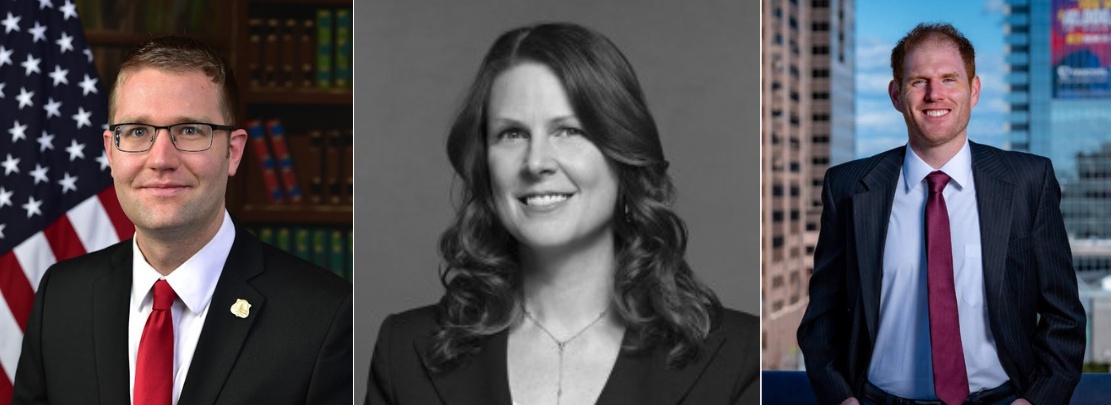The following is an important guest post from Pam Karlan:
In a recent post describing his amicus brief in Louisiana v. Callais, Nick Stephanopoulos points out a “large decline in racially-polarized voting” in many jurisdictions may preclude plaintiffs in those places from showing an essential element of a section 2 case.
This fact should be answer enough to the concern Justice Kavanaugh floated in his concurrence in Allen v. Milligan—that even if amended section 2 were justified “for some period of time,” its requirements “cannot extend indefinitely into the future.” They don’t. As I’ve explained elsewhere, even though section 2 contains no formal “sunset provision,” the requirement that plaintiffs prove racially polarized voting provides a clear “durational limit on section 2’s operation.” To paraphrase the language of Shelby County v. Holder, liability in a section 2 case is always “grounded in current conditions.”
But the fact that the rate at which new section 2 cases are brought and won has slowed over time does not mean that striking down or significantly weakening section 2 will have little effect going forward. That is because a huge number of existing minority districts, perhaps the majority of them in some jurisdictions, are descendants of districts created in response to earlier section 2 suits or section 5 preclearance proceedings. Consider Louisiana itself. The one majority-Black congressional district Louisiana had before to the section 2 lawsuit that led to Callais was the product of Major v. Treen—one of the first cases litigated under amended section 2.
While section 2 exists, it deters states from indiscriminatingly dismantling these districts. In places where racial bloc voting persists, eliminating those districts would violate section 2’s results test, so any new plan would be struck down. But without section 2, plaintiffs would have to use the fourteenth amendment. This would demand that they prove the jurisdiction eliminated the district with the purpose of diluting minority voting strength. That was hard enough to prove in the days before section 2 was amended in 1982. (Indeed, the difficulty of proving that sort of racially discriminatory purpose was why Congress amended the VRA.) But today, the Supreme Court may have made it even harder to prove discriminatory purpose: In Alexander v. South Carolina State Conference, the Court took the position that reducing minority political power for partisan reasons is a form of legislative “good faith” that can defeat a racial gerrymandering claim. So jurisdictions may well decide they can escape liability for getting rid of minority opportunity districts by asserting political motives for doing so.
And consider what might happen if the Supreme Court holds that the remedial district in Louisiana is unconstitutional because race cannot figure heavily either with respect to the first Gingles prong (where plaintiffs are required to present illustrative districts where the plaintiff group forms a majority of the citizens of voting age) or with respect to the remedy (where the jurisdiction or the court purposefully draws a minority opportunity district). Will this cast doubt on the constitutionality of existing districts that were originally created decades ago as remedies for section 2 violations? After all, these districts were adopted in a race-conscious process. To be sure, in Easley v. Cromartie the Court suggested that “preserv[ing]” for incumbent protective or political reasons the core of a district that was initially an unconstitutional racial gerrymander might not itself violate the Constitution. But it’s unclear whether a Court that decides to gut the Voting Rights Act would allow existing districts to remain. Just look at the letter that DOJ sent to Texas to get a sense of what might be coming next.

